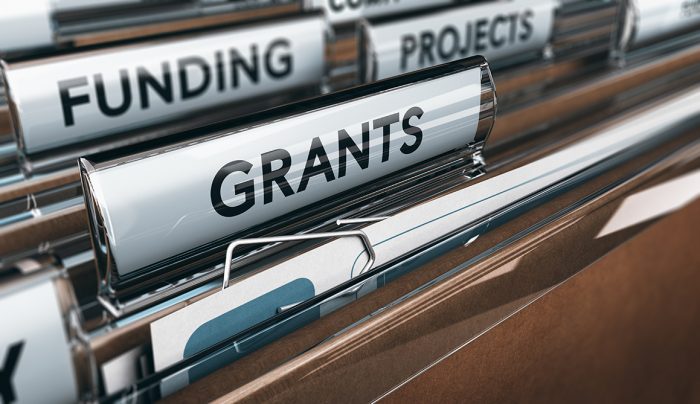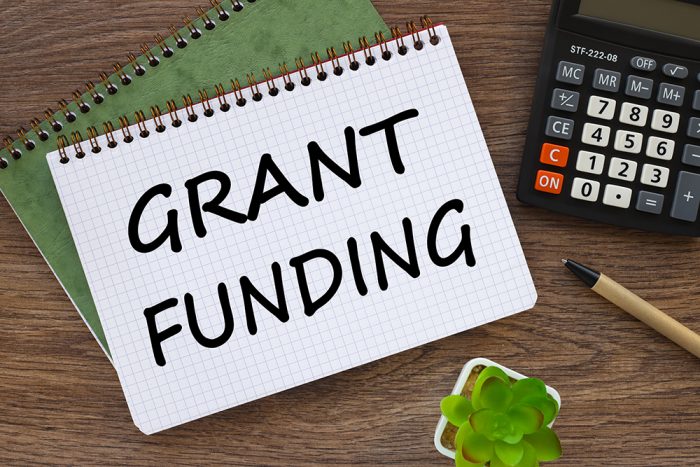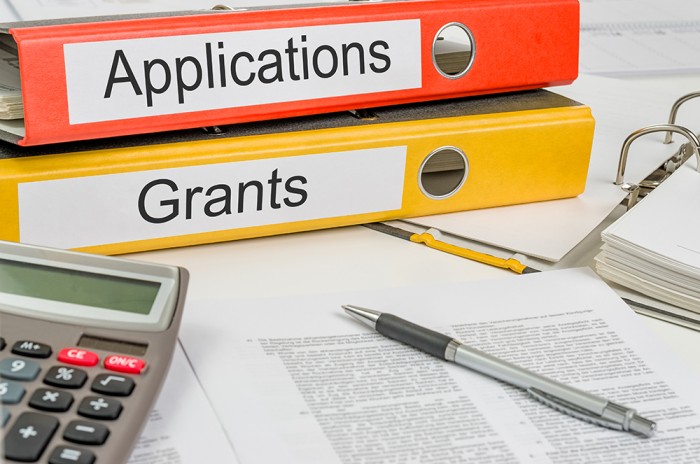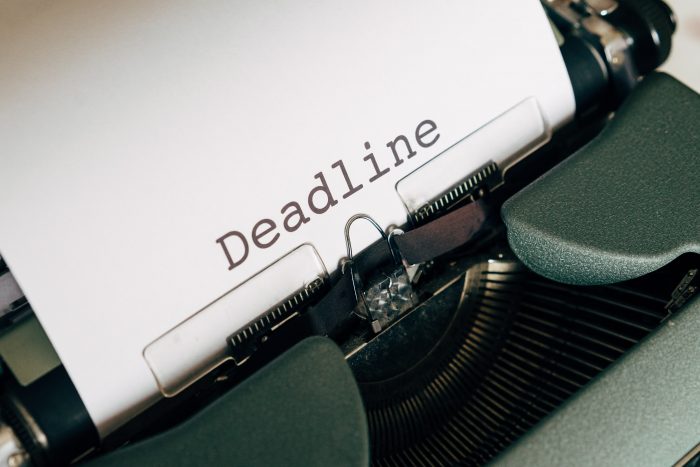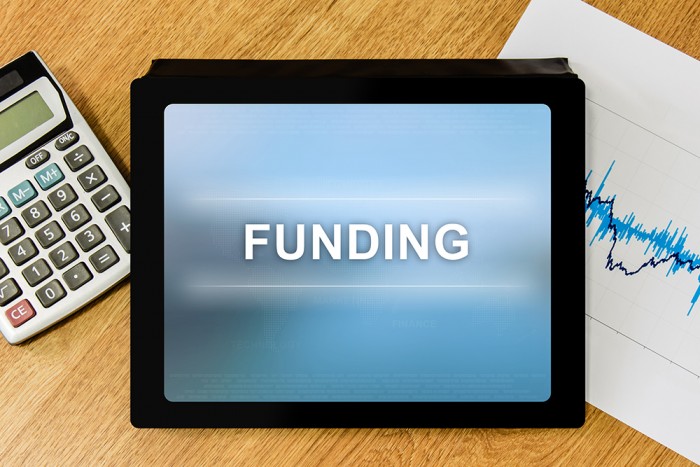The Pennsylvania Department of Drug and Alcohol Programs (DDAP) is awarding more than $1.2 million to expand access to recovery housing and recovery support services throughout Pennsylvania for young adults 18–24 years old who have opioid or stimulant use disorders. DDAP is awarding grants to nine Single County Authorities (SCA) to fund the effort.
Currently, there are about 430 DDAP-licensed recovery houses across the Commonwealth. The purpose of the Administration’s licensure program is to help empower sustained recovery for individuals with substance use disorder (SUD) by ensuring a network of safe drug and alcohol recovery houses. Drug and alcohol recovery houses are required to be licensed in order to receive referrals from state agencies or state-funded facilities or to receive federal or state funding to deliver recovery house services.
The grant funds will be used to supplement existing resources, ensuring that current services are expanded rather than replaced, and that recovery housing remains accessible and safe through Pennsylvania.
DDAP is awarding nine grants, which will run through September 30, 2026, to the following SCAs serving 14 counties:
- Berks County Council on Chemical Abuse: Berks County
- Blair County Drug and Alcohol Program, Inc.: Blair County
- Columbia Montour Snyder Union Drug & Alcohol Services: Columbia, Montour, Snyder, and Union Counites
- Delaware County Department of Human Services, Division of Drug and Alcohol Programs: Delaware County
- Erie County Office of Drug and Alcohol Abuse: Erie County
- Lackawanna/Susquehanna Office of Drug and Alcohol Programs: Lackawanna and Susquehanna Counties
- Somerset Single County Authority for Drug and Alcohol: Somerset County
- Westmoreland Drug & Alcohol Commission, Inc.: Westmoreland County
- York Adams Drug and Alcohol Commission: York and Adams Counties








